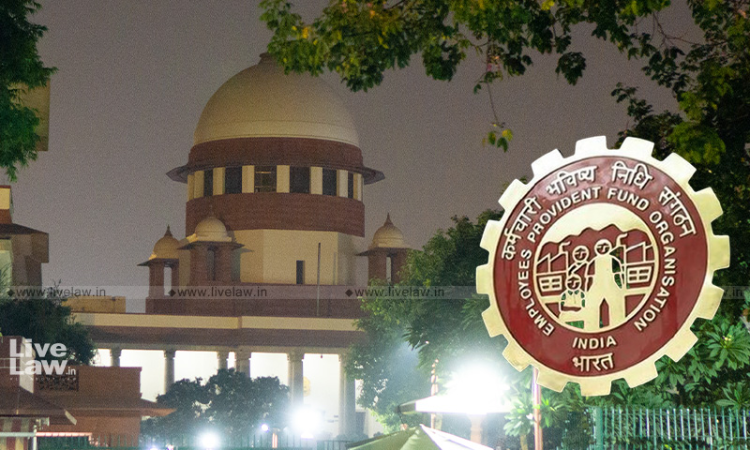The Supreme Court on Monday referred to a larger bench the appeals filed by the Employees Provident Fund Organization (EPFO) and the Union of India challenging the judgments of Kerala, Delhi and Rajasthan High Courts which quashed the Employee's Pension (Amendment) Scheme, 2014.A division bench comprising Justices UU Lalit and Ajay Rastogi said that the principal questions that arise...

